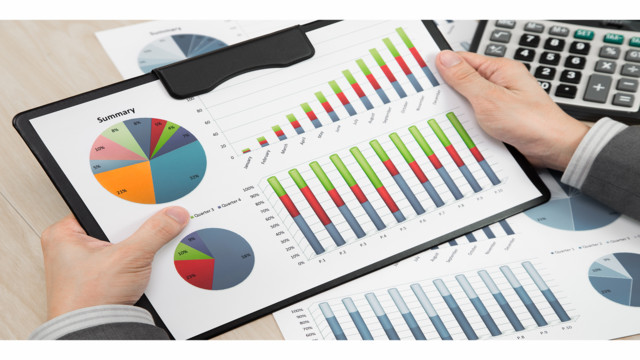It’s no secret that nonprofit organizations face challenges not found in the for-profit world. Along with the need for solid accounting and financial management, nonprofits are charged with raising money to fund their organization, which can include unrestricted donations, grants, and restricted donations. They must also keep track of administrative or overhead costs separately from program related expenses, provide their donors with a detailed breakdown of how their funds were used, and report all of this to both constituents and board members accurately.
To complicate matters, nonprofits that offer memberships are also tasked with tracking member status, invoicing members when their membership expires, while also maintaining an accurate list of all members, both current and expired. And programs, a necessity for nonprofits, do not only help to raise funds, they also cost money, with nonprofits requiring a way to adequately track both income streams that fund the program such as grants or sponsorships, as well as any related expenses for the program, such as venue rentals, food, and instructor fees.
According to the National Center for Charitable Statistics (NCSS), as of January 2021, there are 1.3 million nonprofits operating in the U.S. alone, with more than 10 million worldwide. And while their missions and their scope certainly vary, the one thing that all nonprofits have in common is the need to accurately record both income (in the form of donations, grants, and sponsorships) and expenses, whether they are overhead expenses or program or mission related. And just like for-profit businesses, nonprofits also need to process journal entries, pay vendors, record payments, send out invoices, pay employees, and reconcile bank statements.
While smaller nonprofits can certainly get by with standard accounting software in its early stages, a growing organization will need access to the features and functions only found in nonprofit accounting software.
But why is nonprofit specific software important for nonprofits? According to Liesa Malik, COO of Tangicloud, an accounting software publisher focused on the needs of nonprofits and government entities, there’s a long list of reasons why this type of software is so important to nonprofits.
“While the basis of all businesses relies on Generally Accepted Accounting Principles or GAAP, nonprofits have additional areas of focus,” says Liesa. “Being mission-focused instead of profit-based, nonprofits need to demonstrate impact on their mission and their communities in order to generate the excitement that wins them grants and donations in years to come.”
According to Liesa, some of those needs include the following:
Fund Accounting – True fund accounting is required throughout the software system your nonprofit customers use. Nonprofits have public fiduciary responsibilities to manage their organizations as efficiently and effectively as possible. This means the organization’s software should be able to automatically segregate income sources by fund and generate inter-fund balancing entries for all transactions.
Budgeting – While colleagues in the for-profit industry watch and plan for appropriate investments and spending, if dollars run short, they have the option of creating more sales with creative marketing efforts. Often nonprofits have to have a spending plan that encompasses expenses a year or more in advance without necessarily the flexibility to increase or decrease based on market fluctuations. With a good budgeting and business rules tool in their software to enforce controls, the nonprofit sector has stepped up and survived increased demands for services even with the reduction in financial support many have had this year past.
Reporting – The thing that keeps nonprofit CFOs up at night is the worry over accuracy in their financial reports. For these dedicated professionals a software that can run reports in real time, be structured with the right financial report format, and be counted on for its accuracy is very important.
If you are in the market for nonprofit software, there are some features you should be looking for:
- An application that can grow with your organization
- Solid reporting options that include all of the necessary nonprofit report
- A flexible general ledger that offers multiple segments for easier fund management
- Good integration options
- The ability to manage both restricted and nonrestricted funds
Finding the right nonprofit software can be challenging, since the requirements of each organization can vary widely. If you need remote access, look for an application built on the cloud. If your organization is primarily funded by grants, look for an application that offers a grant management module. And of course, your organizational budget can play a significant role in what application you ultimately end up purchasing. Luckily, there are numerous options available for any organization with any budget.
Today, there are more nonprofit software applications available than ever before. So, stop trying to make that popular accounting software application work for your nonprofit and start looking for an application designed specifically for your needs.
Thanks for reading CPA Practice Advisor!
Subscribe Already registered? Log In
Need more information? Read the FAQs
Tags: Accounting, Nonprofit





